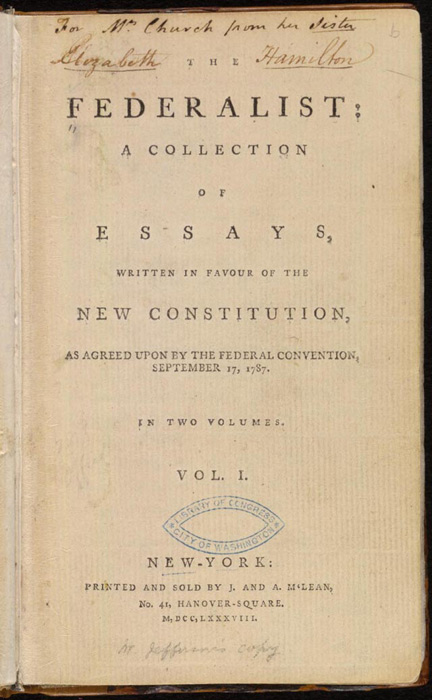Watch Little Pink House for free.
The Kelo v. City of New London (545 U.S. 469 2005) decision, handed down by the U.S. Supreme Court, generated significant objections and criticism from various quarters. The case allowed the use of eminent domain for private economic development purposes, and many argued that it undermined property rights and expanded the power of government. Here are some objections to the Kelo decision, along with quotes from prominent figures expressing those objections:
Concerns about Property Rights: Many believed that the decision eroded property rights by allowing the government to seize private property for the benefit of private developers. "The Kelo decision chips away at the very foundation of property rights, and that's something we should all be worried about." - Ron Paul
Impact on Vulnerable Communities: Critics argued that eminent domain could disproportionately affect vulnerable communities, as they often lacked the resources to fight such case "The Kelo decision means that the politically weak will be at the mercy of the politically strong." - Clarence Thomas, U.S. Supreme Court Justice
Conflict of Interest: Concerns were raised about the potential for collusion between government officials and private developers, leading to decisions that prioritize profit over public interest.
Quote: "The Kelo case essentially allows the government to take your property and give it to a wealthier private party with more political influence." - Institute for Justice
Diminishing Public Trust: Critics argued that such decisions could erode public trust in government institutions and the fairness of the legal system. "When the government can take your home or business and hand it to someone else just because they promise to generate more tax revenue, it shakes the public's faith in the system." - George W. Bush, former U.S. President
Unintended Consequences: Some believed that allowing eminent domain for private development could have unintended negative consequences for economic development. "By endorsing these types of seizures, the Kelo decision discourages private investment because property owners fear their investments could be taken." - Richard Epstein, legal scholar
Need for Legislative Action: Many called for legislative reforms to limit the scope of eminent domain, emphasizing the need to protect property rights. "The Kelo decision highlights the importance of state legislatures taking action to prevent this kind of abuse of eminent domain." - Sandra Day O'Connor, former U.S. Supreme Court Justice
Public Outcry: The Kelo case sparked a nationwide public outcry, with many expressing their discontent with the decision. "Kelo was a wake-up call for Americans who value their property rights and cherish their homes." - Dana Berliner, attorney for Susette Kelo (plaintiff in the case)
The Kelo decision remains a controversial and debated topic in the realm of property rights and eminent domain, with objections stemming from concerns about the potential abuse of government power and the impact on individual property owners.





